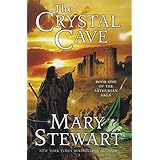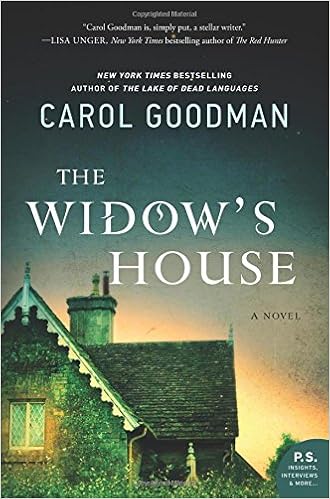No doubt, you’re going to ask, “Mario, what is it about you and guns?”
To begin, I’ve always liked guns. When I was four, my mother asked me what I wanted for Christmas and I told her I wanted a machine gun. Part of the reason I joined the army was that I’d have the opportunity to shoot all kinds of guns. Once I even got to shoot a vintage automatic rifle reportedly used by the police when they ambushed Bonnie and Clyde. Macabre for sure, but if you write crime novels, supremely cool.
Then on September 5, 1985, my father committed suicide with his pistol. It was a day of enormous tragedies, heartache, and shame. I associated guns with those horrific events and my reaction to the pain and grief was to get rid of the few guns that I owned. My attitude was that I didn’t need guns, and neither did anyone else. So for the next twenty-five-plus years I was ambivalent to owning guns.
Then recently I read Woe To Live On by Daniel Woodrell and Empire of the Summer Moon by S.G. Gywnne.


In both books, the early black powder revolvers were central to the action. I became fascinated with these guns to the point that I decided to buy one. When I mentioned this to a writer friend, he told me that if I owned a gun my chances of being killed by it would be 2.7 times more than if I had no gun. The statistic shocked me. Why would I do such a risky thing? I decided to investigate his claim and that led me to dive headfirst into this debate about guns in America.
I learned that statistic came from a study (long since discredited) headed by Dr. Arthur Kellerman, sponsored by the Centers for Disease Control. His study was part of CDC’s quest--not to find the truth or promote public safety--but to cook the evidence in support of abolishing guns. “We’re going to systematically build a case that owning firearms causes deaths.” And “…a long term campaign… to convince Americans that guns are, first and foremost, a public health menace.” However skeptical you might be that the CDC willingly compromises its ethics you only need look at their history with the infamous Tuskegee Syphilis Experiment.
The anti-gun lobby, in league with the American medical establishment, likes to preach about the dangers of owning a gun but when you look at the numbers reported by the CDC, for 2015 Accidental Fatalities, you have: Firearms 489; Pedestrian 959; Drowning 3602; Falls 33,381; Automobile 36,161; Poisoning 47,478 (of which half are prescription opioids, i.e., provided by the medical community). Considering that in this country there are as many gun owners as there are car drivers, Americans as gun owners are much safer than Americans as car drivers. And accidental firearms deaths continue to decline (in 2005 it was 789, in 2010 it was 606), and so you think the anti-gun crowd would cheer that trend but they don’t even mention it.
The Epidemic of Gun Violence! Now that sounds super scary. The big numbers that make up “gun violence” are gun homicide and gun suicide, and those numbers are subsets of the much larger totals of violent crime and all suicides. Interesting how no politician or bureaucrat ever says we have an epidemic of violent crime or an epidemic of suicide. By using the term gun violence, the apparatchiks can blame gun owners--people like me--while washing their hands of the hard work needed to stop violent crime (domestic violence, robbery, gang violence, and drug trafficking) and suicide (depression and substance abuse). To me, suicide is especially troubling since we live in a land of promise and plenty, and yet as our material standard-of-living continues to rise, so do our suicides.
If we are truly committed to solving violent crime and suicide, then we must devote the necessary resources and be diligent and honest in grappling with some tough social issues. The solution will not be a policy based on fraudulent agendas, misdirection, and lies.























